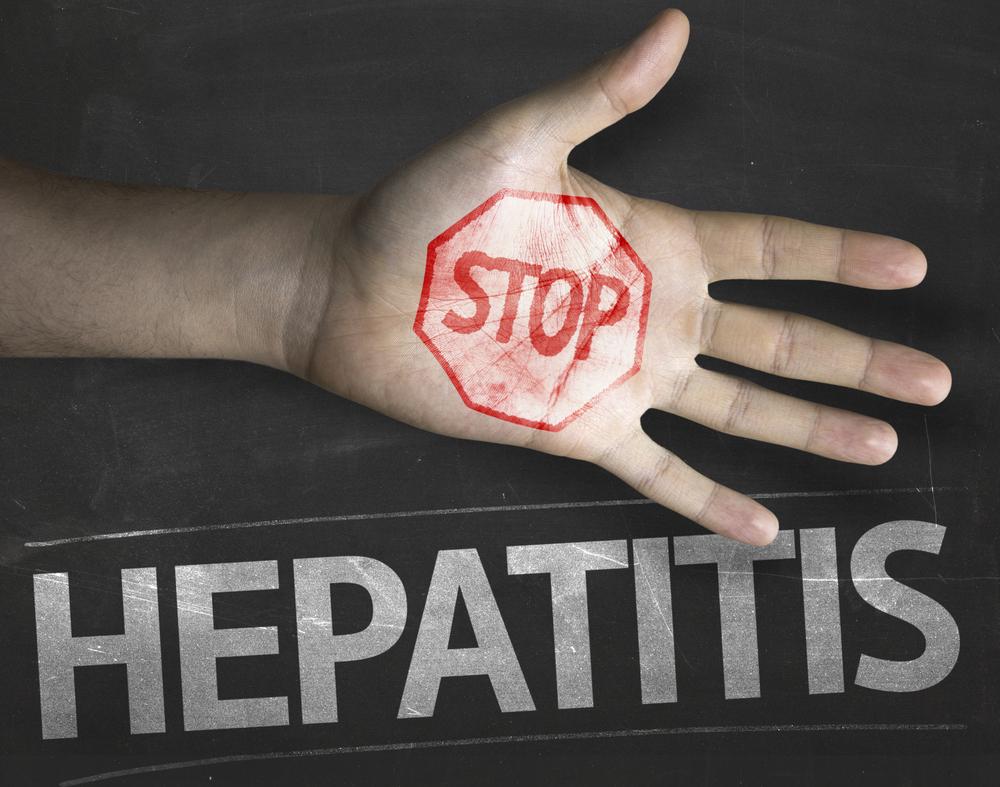
Early Warning Signs and Symptoms of Hepatitis C
Hepatitis C (or hep C) is a viral infection that causes liver inflammation. It is caused by the Hepatitis C virus (HCV), which is contracted through blood-to-blood contact with contaminated blood. Basically, transmission occurs when blood containing HCV enters the bloodstream of an uninfected person. The risk for developing hepatitis C increases if you have ever injected or inhaled illicit drugs.
The risk is also high if you are born to a mother who has hepatitis C, work around blood or needles and have a partner who has it. Most people with hepatitis C don’t have noticeable symptoms early in the course of infection, which means that they might not know that they carry the virus. Many people at that stage report having fever, fatigue and nonspecific pains. However, in the chronic stage, i.e. between 2 weeks and 6 months after the virus enters the bloodstream, the symptoms become more noticeable. The most common symptoms of hep C at that stage include the following:
1. Abdominal pain
One of the main functions of the liver is producing bile, which is a substance that breaks down fat. HCV, however, hinders the liver’s ability to produce bile, which can make it very difficult to digest fatty foods. This will make patients feel pain throughout their abdominal area. Other digestive symptoms include loss of appetite, weight loss, nausea and vomiting.
2. Confusion and forgetfulness
Another important liver function that gets hindered due to hepatitis C is filtering toxins from the blood. This leads to a damage of the central nervous system, which makes patients have a difficulty with motor skills as well as sleep disturbances. In fact, a buildup of toxins in the brain can cause confusion, poor concentration, personality changes and forgetfulness in patients. Advanced symptoms include slurred speech and disorientation.
3. Internal bleeding
Another important role the liver plays in the body is producing proteins that regulate blood clotting. With a poor functioning liver, blood flow problems arise and an increase in pressure in the main vein that leads to the liver occurs. This leads to the veins bursting and consequently results in severe internal bleeding.
4. Tiredness and fatigue
The role of the endocrine system is to regulate hormones. As part of the endocrine system, the thyroid gland delivers hormones into the bloodstream. In some cases, HCV can cause the immune system to attack or damage the thyroid tissue by mistake. This may lead to either hyperthyroidism, which causes patients to have sleep disorders and weight loss, or hypothyroidism, which leads to weight gain along with having feelings of tiredness and fatigue.
Hepatitis C is the most common blood-borne viral infection that can cause serious liver damage in case it is not treated. Fortunately, with the advancements in medication and prevention methods in this day and age, the outlook for hepatitis is now better than ever. That being said, it is essential to do regular screenings and follow prevention strategies correctly in order to avoid contracting the virus.



